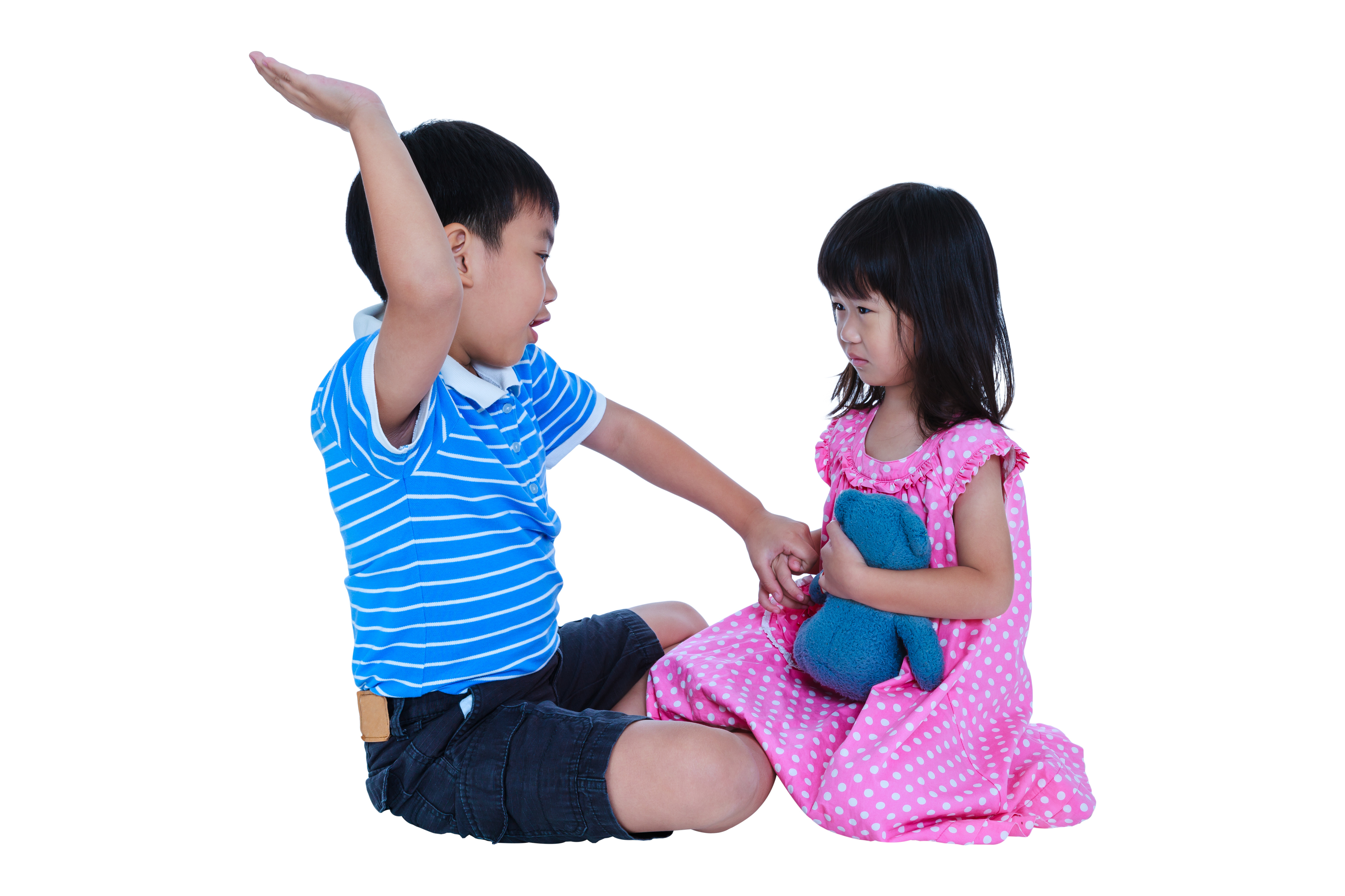
Is your toddler or child hitting, biting, screaming and lashing out? It seems as though they have completely and totally lost control? Have you exhausted every avenue you know to try to STOP your child’s aggressive behaviour? Join the club!
It’s important to know that you are not alone and that there are many effective ways to help put a stop these aggressive outbursts. By preparing yourself in advance with tools and strategies – you can help you and your child learn from these aggressions and help prevent them in the future.
WHY DO MY KIDS ACT IN THIS AGGRESSIVE MANNER?
It’s important to know and remember that your kids do not act this way on purpose. They don’t want to bite, hit or be mean to others. This is their emotional response to all the emotions they have inside. These emotions get piled up inside and they don’t know how to communicate their feelings to you. Emotions can be caused by things that have happened recently or accumulate over time. No matter what causes your child to react this way, it’s KEY to remember that they are not doing this on purpose. Kids begin to act aggressively as they learn to navigate this big world. They may be acting out due to their lack of communication skills and/or they simply speak very little. A child may be exhibiting these behaviors due to feelings bottled up inside from scenarios such as the following:
“My mommy was so rushed this morning and hardly had time to kiss me goodbye. She must not love me or have time for me. My daddy works all the time and work must mean more to him than me. All my friends at school have mommies that stay home and don’t work? My friends are happy and I’m not!”
EMOTIONS ARE BIG – LISTEN
Kids are learning to cope with emotions as they grow and develop. It’s a learned skill to know how to deal with all the emotions they feel. As parents we are busy with daily duties, sometimes we tend to rush in and out of days, weeks and months. When we do this, our kids sometimes feel ignored and pushed to the side. They can begin to feel unimportant or not loved. This, of course, was not what we intended to have happen, but it’s the facts. To avoid this, we must find and make time to LISTEN. When we stop and listen to our kids we learn to recognize when they are feeling overwhelmed, angry and frustrated. By listening you can begin to intercept aggressive behaviors before they occur. You can learn to intercept these emotions before they burst into acts of violence.
MAKE INTERCEPTIONS
If you know that your child is prone to lashing out at others in a physical manner, then it’s your duty as their parent to stay close. It’s important to try to intercept the aggressive actions before they happen. If you see your child beginning to hit or bite you can CALMLY place your hand on their forehead and state:
“I can’t let you hit your friend OR Your teeth are not meant to go near your friends.”
By intercepting you not only help the victim, but you also give your child the chance to experience a clear understanding of how they were feeling at that exact moment. They can learn to recognize those powerful emotions. As children lash out aggressively they are often unaware and out of control. They are having an out-of-body experience. Emotions take over and they’re not in the right frame of mind to use their thinking brain. Like I mentioned before, it’s not done on purpose.
CONNECT AND THEN DIRECT
While your child is throwing a tantrum, angry or in tears you need to avoid lecturing or trying to reason with them. Your child needs this time to exert their emotions and get them out. Their emotions are not bad things. It’s actually amazing that they have all these emotions. The hard part is teaching them how to control, recognize and use their emotions in a positive way. As adults, we are still working on these skills, so we need to remember how hard it must be for our kids to try to cope with all these emotions. Once your kids calm down HUG THEM FIRST. Make a connection with your kids, listen, and bond. If you connect before you direct your kids will feel cared for and loved. These feelings of love and connection will help them understand those “feel good” emotions we want them to carry throughout the day. They will trust you as a ‘safe person’ to talk to when they are feeling angry or upset.
DON’T USE PUNISHMENT
If you respond to your child’s aggressive behaviors with punishment, you will model directly to them the behavior you are trying to avoid. Yelling at your child and causing them to feel blame, shame or pain will only make your child feel worse. By feeling worse, their confidence decreases and their negative emotions increase. These overwhelming emotions will burst again and the hitting or biting will re-occur. Therefore, it’s important to use positive discipline tactics to help teach your child a positive lesson and build lasting, long-term effects.
Contact me to book your one-hour call and learn positive parenting tools you can start using today!
